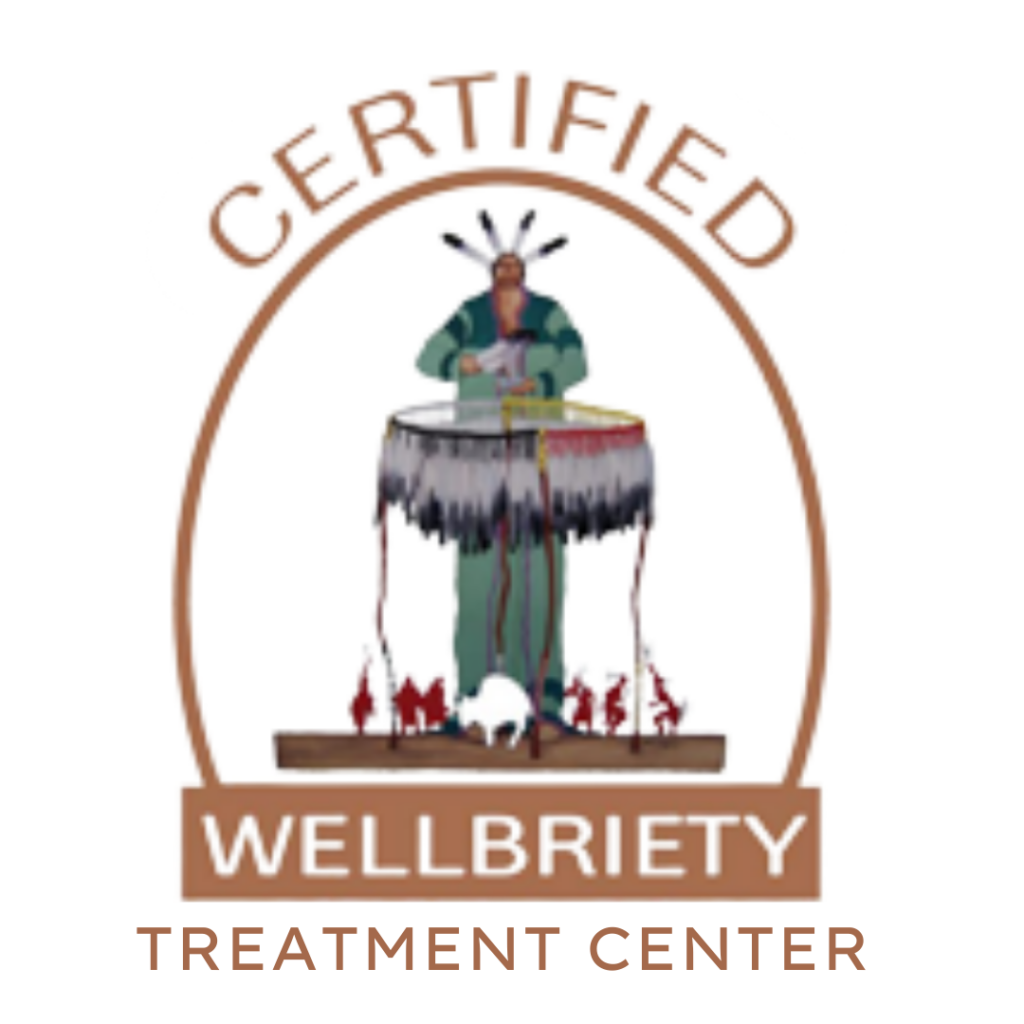Fear often plays a role in addiction recovery, particularly early recovery. Someone who is newly sober feels more vulnerable to both external and internal influences and may be afraid of any number of things— change, loss, relapse, rebuilding health and relationships, and unchecked feelings and emotions. Fear of fear itself is not uncommon, either. But it is entirely possible to overcome fear in addiction recovery.
Learning new coping mechanisms in therapy and developing healthy habits as you discover yourself outside of addiction will help you to become more comfortable with the direction your life has taken and overcome the fears you may have.
Fear of change
As the saying goes, the only constant in life is change. People with addictive lifestyles become comfortable in particular situations and patterns. An everyday routine probably involved regular drinking or drug use, and the idea of finding new habits and behaviors on which to rely may be intimidating.
You can use change to your advantage and create a vision for yourself. What changes do you want to see in your life? Focus on meeting your goals and what you have to look forward to in your new, sober life, rather than apprehension facing the unknown.
Fear of loss
Being comfortable in addiction can give you the impression of security, and when you stop using or drinking, you will likely feel a sense of loss. You will likely also lose certain friends, friends with whom you used to use or drink with and who do not respect your decision to get sober. To overcome fear of loss, you need to accept the idea that losing your addiction and your friends will hurt, but that the habits and people that take their place are going to be far more rewarding.
Fear of rebuilding health
Your physical and mental health were most likely neglected in active addiction, at least to an extent, and you may be unsure where to begin to rebuild your strength and health. Poor eating habits may have led to weight loss or gain and low levels of essential vitamins and nutrients. Poor sleeping habits left you tired. Drinking and using threw off your entire routine and schedule. Physical exercise and a healthful diet are good lifestyle changes to incorporate into your life to rebuild your health all-around, and activities like reading, journaling, and talking to a counselor can greatly benefit your mental wellbeing.
Fear of rebuilding relationships
In active addiction, you may have alienated family and friends with your actions or behaviors. Now that you’re sober, you regret much of what happened and worry that the people you harmed will not forgive or trust you again. Do what you can to show them that you are serious about your recovery and be honest and open with them about your intentions and goals. If both of you are comfortable, ask them to play a bigger part in your recovery.
Fear of emotions
For those with an addiction, alcohol and drugs are often used to mask feelings and emotions that the person does not want or know how to handle. It is often easier to self-medicate, so that is what happens. Without the barrier of substances, someone accustomed to repressing their emotions is afraid of, and unsure how to handle, them.
Overcoming addiction
At Royal Life Centers at the Haven, our addiction therapists work closely with guests to work through individual fears and uncover the roots of substance use disorders. Guests at RLC at the Haven undergo medical detoxification to begin recovery with a clean slate. We treat dependence on alcohol, benzodiazepines, cocaine, methamphetamine, and opioids and are available 24/7 at (877)-RECOVERY to help and to answer your questions.
- Is Kombucha Okay to Drink in Recovery? - May 29, 2019
- Addiction Treatment: Common Co-Occurring Disorders - May 16, 2019
- 10 Tips for Meditation in a Drug Rehabilitation Center - May 8, 2019
























